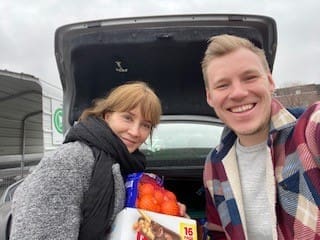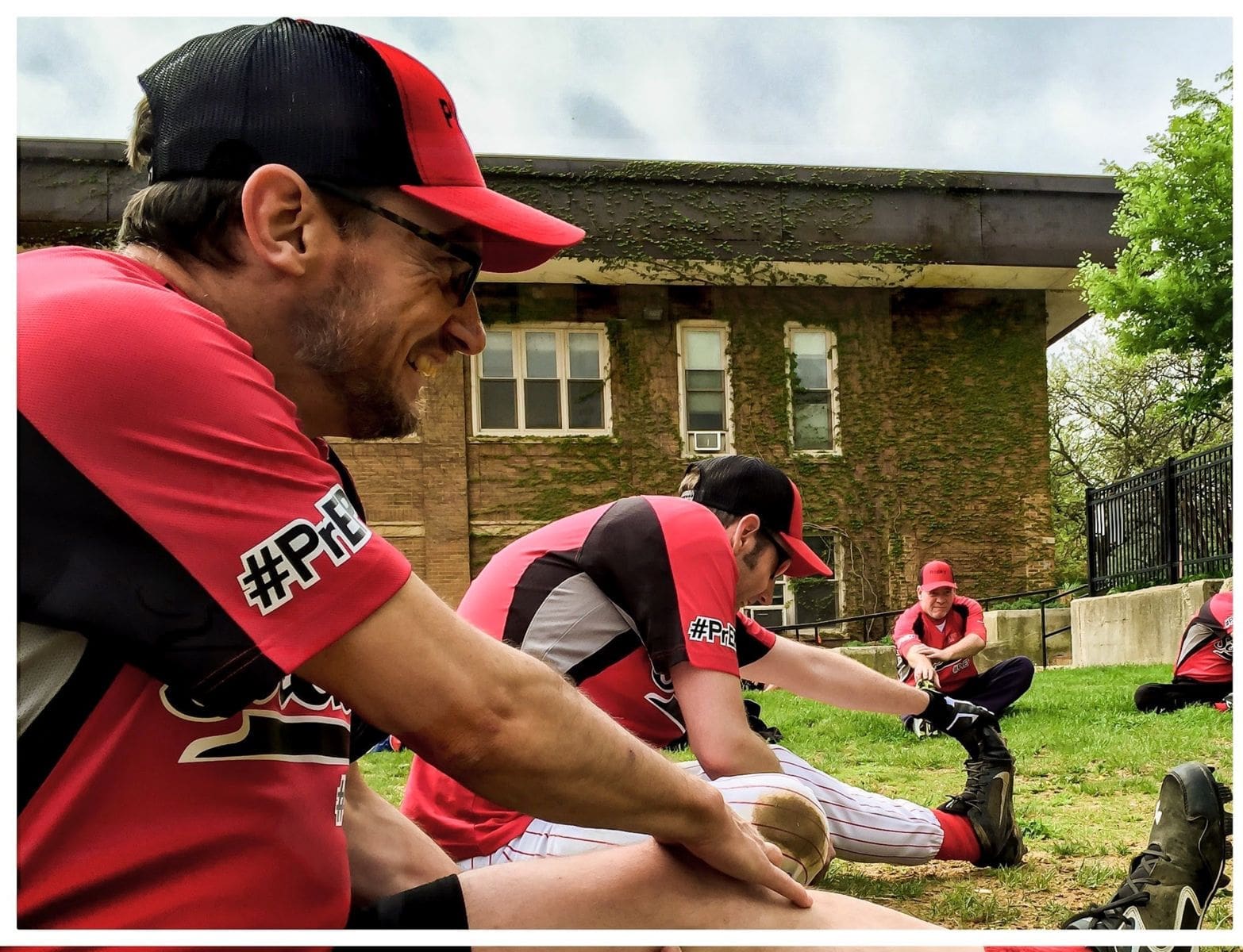 By Bailey Williams
By Bailey Williams
Prior to March 13, Alex Delakis spent most of his day meeting with people living with HIV in their homes and at public establishments like McDonald’s. As a medical case manager for the AIDS Foundation of Chicago (AFC), Alex coordinated clients’ medical care and associated services such as financial assistance and transportation. In the last few weeks, the routine he’s built over the last two years has had to change, as the novel coronavirus (COVID-19) forces case managers like Alex to alter the way they provide services.
“I’m really used to a lot of face-to-face contact with my role here at AFC, however with COVID-19 going on, now that I’m working remotely, my way to connect with clients is really through the phone and through email,” Alex said. “I’m constantly on the phone now trying to work with people, not only to check in with them on their well-being, but making sure that they have access to the resources that they need. Thankfully, a lot of my clients have been incredibly collaborative and resilient during this time.”
Alex continues to help clients fill out applications for services like Medicaid, but instead of in-person meetings, he calls clients and walks them through the process. Alex still coordinates medical care, but he now advises some clients to delay routine, non-urgent appointments in order to remain home as much as possible. This advice is in accordance with recommendations from the Centers for Disease Control and Prevention.
The biggest change Alex has seen is an increased need for food support. In response, Alex directed some families to local public schools that distribute meals and other clients to apply for SNAP benefits and financial assistance to purchase healthy food and related supplies.
Other AFC staffers have also seen an increased need for food and related services. The higher demand has prompted new, innovative responses from AFC’s housing and care teams and partners.
Carolyn Bloom and Jamie Hock of the Center for Housing and Health (CHH), a supporting organization of AFC, made 50 bags of essential items that were hand-delivered to  formerly homeless individuals in CHH’s housing programs. Each bag contained snacks, paper products and gift cards that could be used to purchase food and other necessities. The following week, CHH purchased and distributed $50 Walgreens gift cards for the same 50 clients.
formerly homeless individuals in CHH’s housing programs. Each bag contained snacks, paper products and gift cards that could be used to purchase food and other necessities. The following week, CHH purchased and distributed $50 Walgreens gift cards for the same 50 clients.
“It never feels like enough but at least it’s something,” Carolyn said. “As this pandemic continues, I’m hoping there will be more funds available for us to continue to provide this type of support.”
AFC’s partners are also responding to the increased need for food. Several Vital Bridges pantries are pre-bagging items, so residents can quickly visit, pick up essentials and return home. This move has enabled Vital Bridges to limit the number of customers in the pantry at any one time. Another partner, Top Box Foods, will deliver fresh produce, poultry and fish to the homes of CHH and AFC Housing program participants.
Even though food emerged as a top client concern, AFC and its partners also saw an increased need for rental and financial assistance. AFC remains dedicated to providing those services and additional ones that arise in response to the pandemic.
“I think we are all in this together, and we have to support one another during this time,” Alex said.
Looking to support vulnerable residents at a heightened risk because of COVID-19? Consider taking any of the following actions:
- Refer folks to call the HIV Resource Hub (844-HUB-4040), a collaboration with AFC and the Center on Halsted. Starting April 1, the Hub offers financial assistance for people living with HIV or who are on PrEP who have been impacted by COVID-19.
- Donate to a local food pantry such as Vital Bridges, Brave Space Alliance South Side Food Crisis Pantry, Catholic Charities and the Greater Food Depository of Chicago.
- Donate to AFC to support new and continued services for vulnerable populations.
- Call your legislator and make sure people who are marginalized are supported during this time.
- Check in with others, especially those who might be at a higher risk for contracting COVID-19.
Looking for additional resources related to COVID-19? Visit AFC’s resource hub here.



